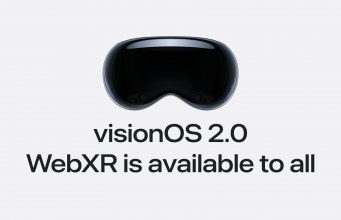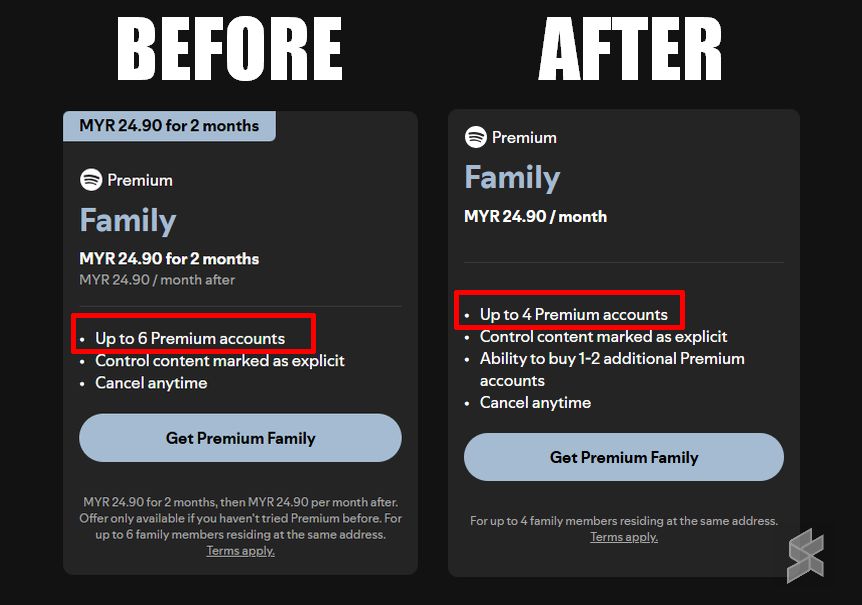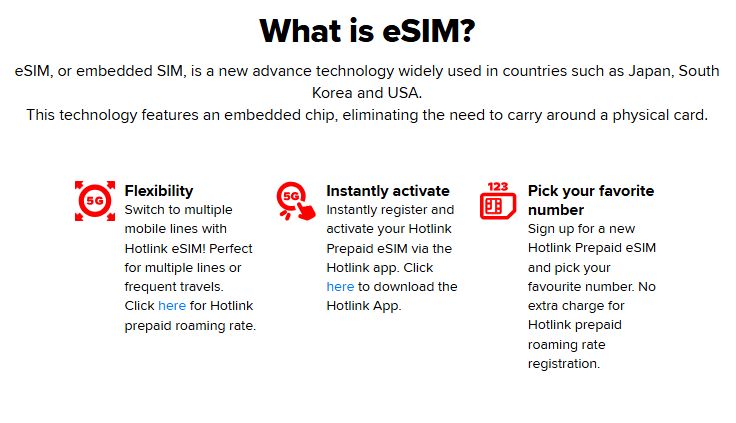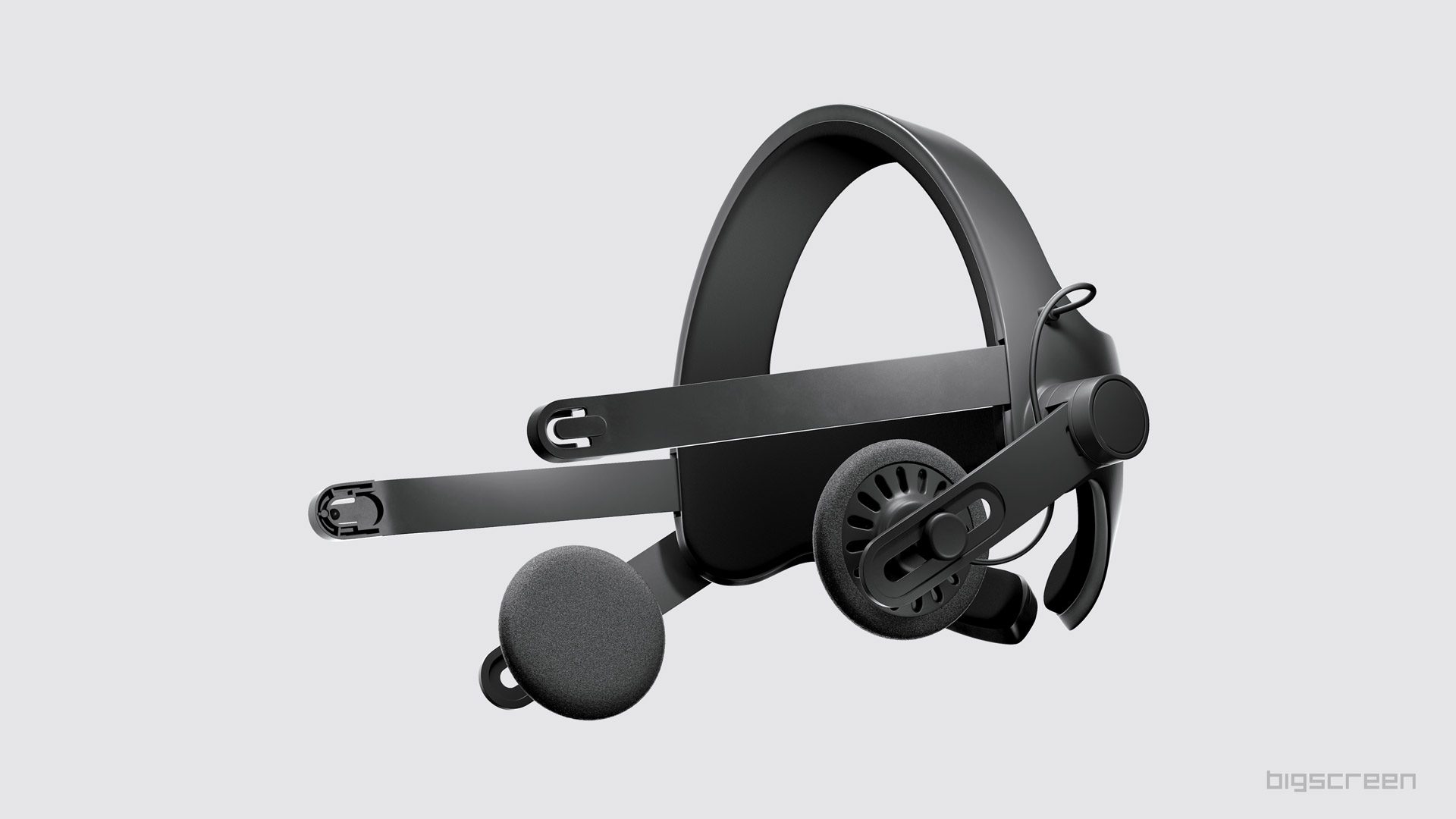We’ve know that Apple planned to support WebXR for quite some time, but with VisionOS 2, the company is enabling the feature for all users. WebXR allows developers to deliver cross-platform XR experiences directly from the web, with no gatekeepers to approve or reject content.
WebXR is the widely supported web standard that allows developers to deliver AR and VR content from the web.
Just like anyone can host a webpage online without any explicit approval from another party, WebXR allows the same for AR and VR content. And because it’s delivered through the browser, accessing and sharing WebXR experiences is as easy as clicking or sending a link—like this one.
Vision Pro has supported initial WebXR support since its launch, but it required users to manually enable the feature by digging into Safari’s settings.
With VisionOS 2—available today as a developer preview, and coming to all this Fall—WebXR will be enabled by default, making it easy for anyone to access WebXR through the headset. Vision Pro thus joins headsets like Quest, HoloLens 2, and Magic Leap 2 in supporting WebXR content.
Though WebXR is “supported” on VisionOS 2, our understanding is that it only support VR (or ‘fully immersive’) experiences. WebXR is also capable of delivering AR experiences (where virtual content is merged with a view of the real world), but VisionOS 2 doesn’t yet support that portion of the standard.
There’s many reasons why developers might want to use WebXR to build experiences over native apps that are distributed through a headset’s proprietary store.
For one, any headset with WebXR support can run any compatible WebXR experience, meaning developers can build one experience that works across many headsets, rather than needing to make multiple builds for multiple headsets, then uploading and managing those builds across multiple platform stores.
Like a webpage, WebXR content can also be updated at any time, allowing developers to tweak and enhance the experience on the fly, without needing to upload new builds to multiple stores, or for users to download a new version.
WebXR also has no gatekeepers. So content that wouldn’t be allowed on, say, Apple or Meta’s app stores—either for technical or content-related reasons—can still reach users on those headsets. That could include adult content that’s explicitly forbidden on most platform app stores.







